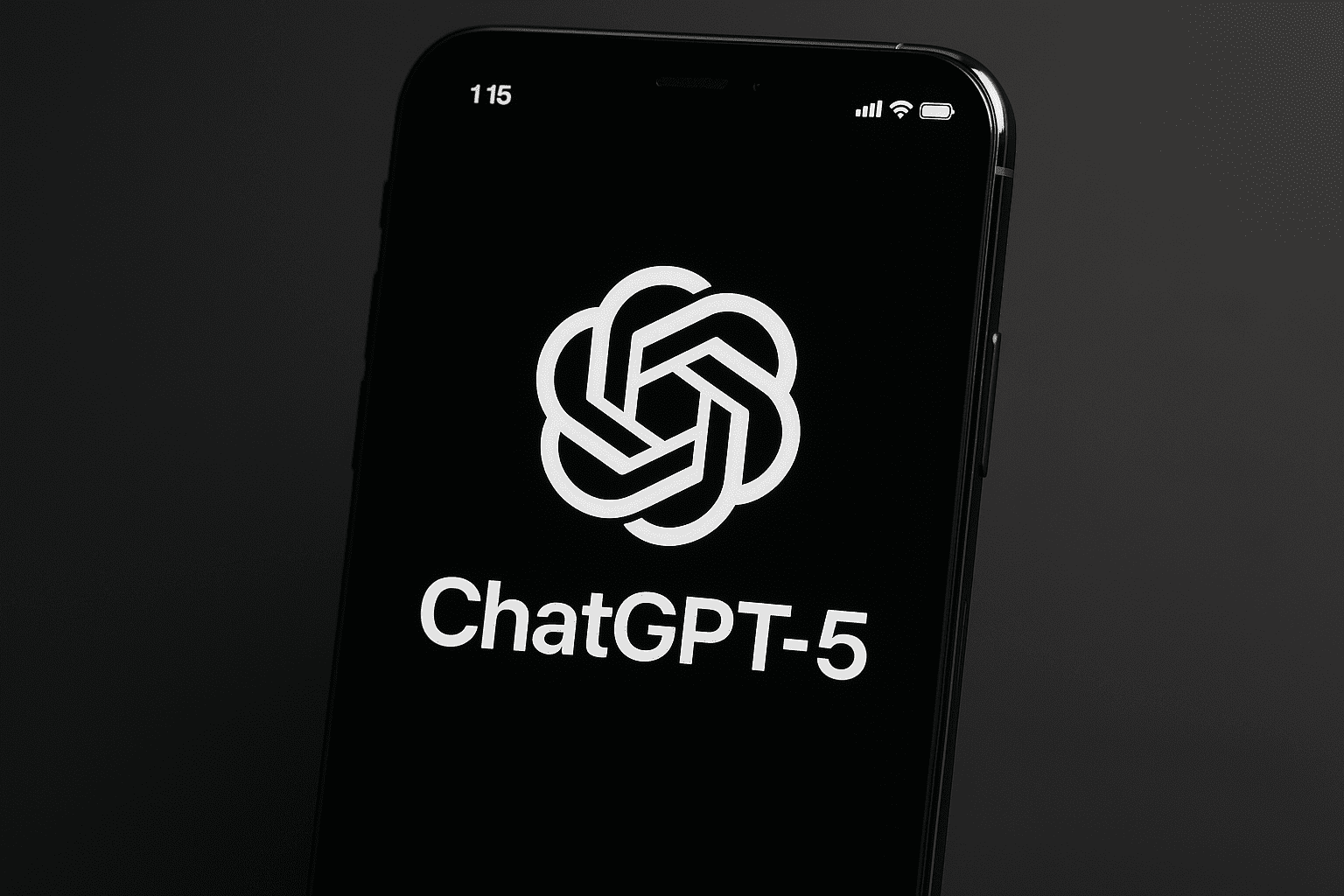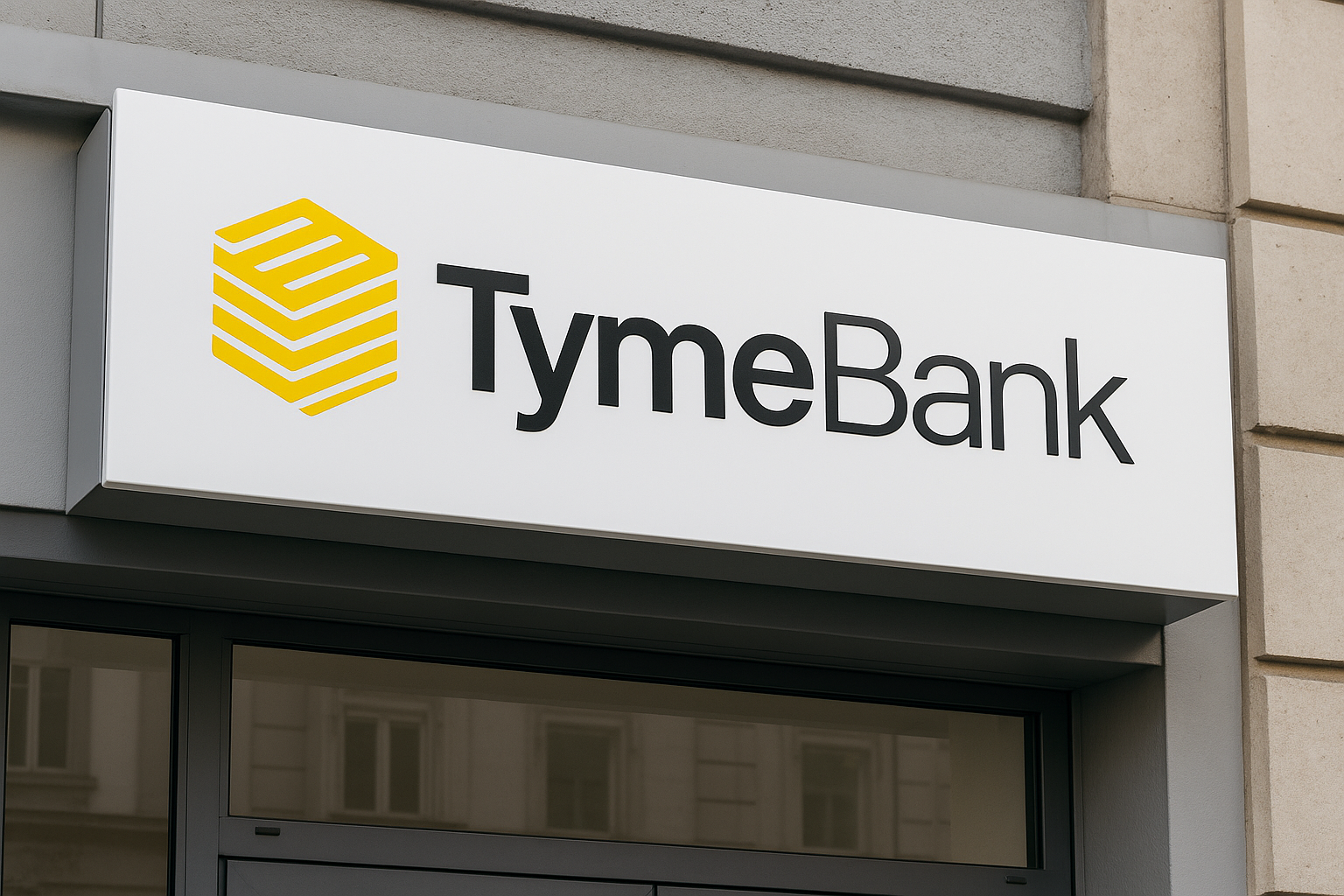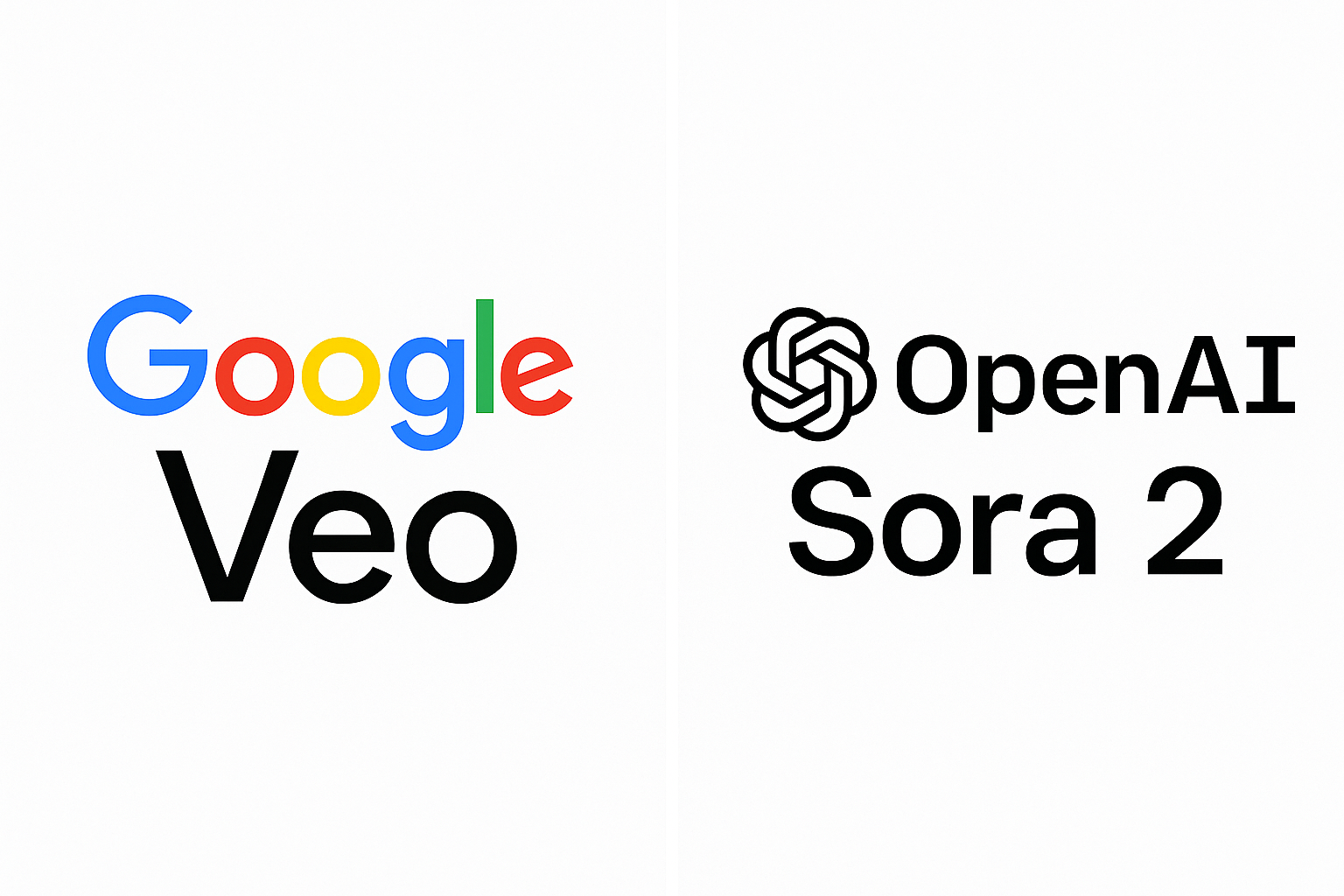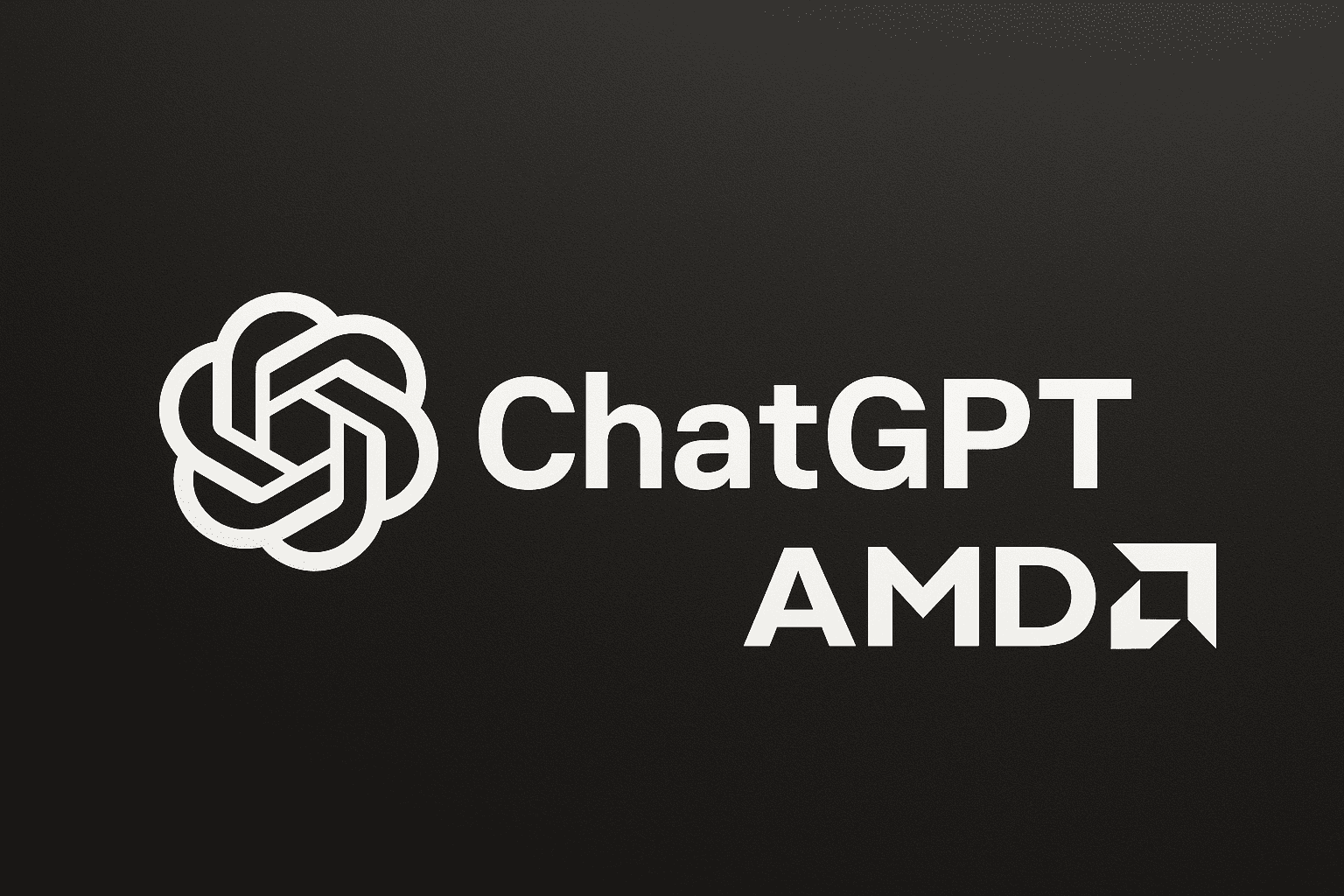Is ChatGPT 5 South Africa’s New Secret Weapon for Work and Study?

Is ChatGPT 5 South Africa’s New Secret Weapon for Work and Study?
The release of ChatGPT 5 by OpenAI in August 2025 has sparked global debate about whether this latest upgrade represents a giant leap forward or just another incremental improvement.
For South Africa, where education challenges, youth unemployment, and productivity gaps are pressing realities, ChatGPT 5 could be more than just another tech headline. It has the potential to be a genuine secret weapon for students and professionals alike.
But is this just hype, or is there real substance behind the claims? Let’s dig into what ChatGPT 5 brings to the table—and what it means for South Africans.
What Makes ChatGPT 5 Different from Previous Versions?
Every new AI release comes with bold promises, but ChatGPT 5 introduces features that make it stand out compared to GPT-4 and earlier versions.
- Dynamic Routing System
Unlike its predecessors, GPT-5 has a built-in mechanism that decides whether a user query requires a quick, surface-level response or a detailed, step-by-step explanation. This makes interactions faster when they need to be, but deeper when complexity is required. - Smarter Reasoning
GPT-5 demonstrates significantly better multi-step problem-solving. Whether it’s solving advanced equations or analysing business data, it can follow longer chains of reasoning with fewer errors. - Local Language & Cultural Awareness
While older models often struggled with South African English, slang, or context, GPT-5 shows improved adaptability. It recognises references to loadshedding, eBucks, or local universities with more accuracy. - Reduced Errors (Fewer “Hallucinations”)
AI “hallucinations”—when the model makes up information—have been cut down, though not eliminated. For South Africans relying on the tool for academic or business use, this reliability is a welcome shift.
Why South African Students Are Turning to ChatGPT 5
South Africa’s education system faces long-standing challenges: large class sizes, uneven resource distribution, and teacher shortages. ChatGPT 5 offers students a way to bridge these gaps.
A Personalised Study Buddy
Instead of passively reading through textbooks, students can now ask ChatGPT 5 to summarise chapters, explain difficult concepts, or even generate practice questions. For example, a Grade 12 learner struggling with calculus can get step-by-step solutions in plain English.
Access for Under-Resourced Schools
In rural and township schools where internet access is available, ChatGPT 5 can serve as a low-cost digital tutor, helping learners catch up on maths, science, and language subjects.
Multilingual Edge
With improved understanding of Afrikaans and some isiZulu/isiXhosa vocabulary, GPT-5 offers explanations in ways that resonate with South African learners, reducing the language barrier.
The Business Edge: ChatGPT 5 in the Workplace
Beyond the classroom, GPT-5 is already making waves in offices and boardrooms across the country.
Automating Repetitive Tasks
Small and medium-sized enterprises (SMEs), which make up 98% of businesses in South Africa, can use GPT-5 to handle routine customer queries, draft invoices, or even prepare tender submissions.
Drafting Legal and Business Documents
Law firms and financial institutions are beginning to experiment with GPT-5 for summarising case law, generating contracts, and producing market analysis reports. While not a replacement for qualified professionals, it drastically cuts down the time spent on routine paperwork.
Creative Marketing and Communication
For marketing teams, GPT-5 can write press releases, social media content, and even analyse trends for brand strategy. A Cape Town startup, for instance, reported that using GPT-5 reduced their content production time by 40%.
The Loadshedding Factor — Why AI Matters Locally
It may sound odd, but even loadshedding ties into why GPT-5 could be a valuable tool for South Africans.
- Remote Work Resilience
For professionals juggling deadlines during power outages, GPT-5 can help compress hours of work into shorter bursts of productivity when the lights are on. - Offline-Friendly Potential
Although GPT-5 is cloud-based, third-party developers are exploring integrations that would allow limited offline access—something that could be transformative in a country where connectivity is inconsistent. - National Productivity Boost
If widely adopted, GPT-5 could help offset some of the economic drag caused by power shortages by making individuals and companies more efficient in the hours they do have power.
Challenges and Risks of ChatGPT 5 in South Africa
Like any powerful tool, GPT-5 comes with limitations and risks.
Affordability
The ChatGPT Plus subscription costs around R370 per month, which may be out of reach for many students and small businesses. This raises concerns about digital inequality, where only wealthier users benefit from the best AI tools.
Job Automation
Routine admin, call centre tasks, and even entry-level writing roles face disruption. While GPT-5 creates opportunities in new fields, the risk of displacement is real and must be managed carefully.
Overreliance & Accuracy
Students risk leaning too heavily on GPT-5 for assignments, while businesses could suffer if they don’t fact-check AI-generated content. Human oversight remains crucial.
Future Outlook — Where AI Meets South Africa’s Growth
The potential applications for GPT-5 in South Africa go beyond homework help and office automation.
- Education: Scaling personalised learning solutions in under-resourced schools.
- Fintech: Enhancing financial literacy and automating small business accounting.
- Healthcare: Assisting with patient triage and admin in overburdened clinics.
- Entrepreneurship: Giving small businesses tools previously only affordable to corporates.
The South African government has also signalled interest in developing AI policy frameworks, which will determine how fairly and safely tools like GPT-5 are deployed.
FAQs
Is ChatGPT 5 free to use in South Africa?
Yes, there’s a free tier, but it comes with strict daily limits. For unlimited use, you need a paid subscription.
Can ChatGPT 5 replace teachers or tutors?
No, but it can act as a powerful supplement, offering one-on-one explanations that teachers often can’t provide due to large class sizes.
How safe is it for students?
GPT-5 has improved safety features, but parental and teacher guidance is still recommended.
Will it take jobs away from South Africans?
Some routine jobs may be automated, but new opportunities in AI-related careers and entrepreneurship are also emerging.
Secret Weapon or Overhyped Tool?
So, is ChatGPT 5 really South Africa’s secret weapon for work and study? The answer lies somewhere in between.
On one hand, GPT-5 offers unprecedented opportunities: students gain access to personalised learning, and businesses unlock productivity gains that were once unimaginable. On the other hand, issues of affordability, digital inequality, and overreliance mean it’s not a silver bullet.
If used wisely—as a partner rather than a replacement—ChatGPT 5 could indeed become a transformative tool for South Africa’s next generation of workers, thinkers, and leaders.
The question isn’t whether GPT-5 is powerful. It’s whether South Africans will embrace it, adapt to it, and use it to shape a brighter, more competitive future.





